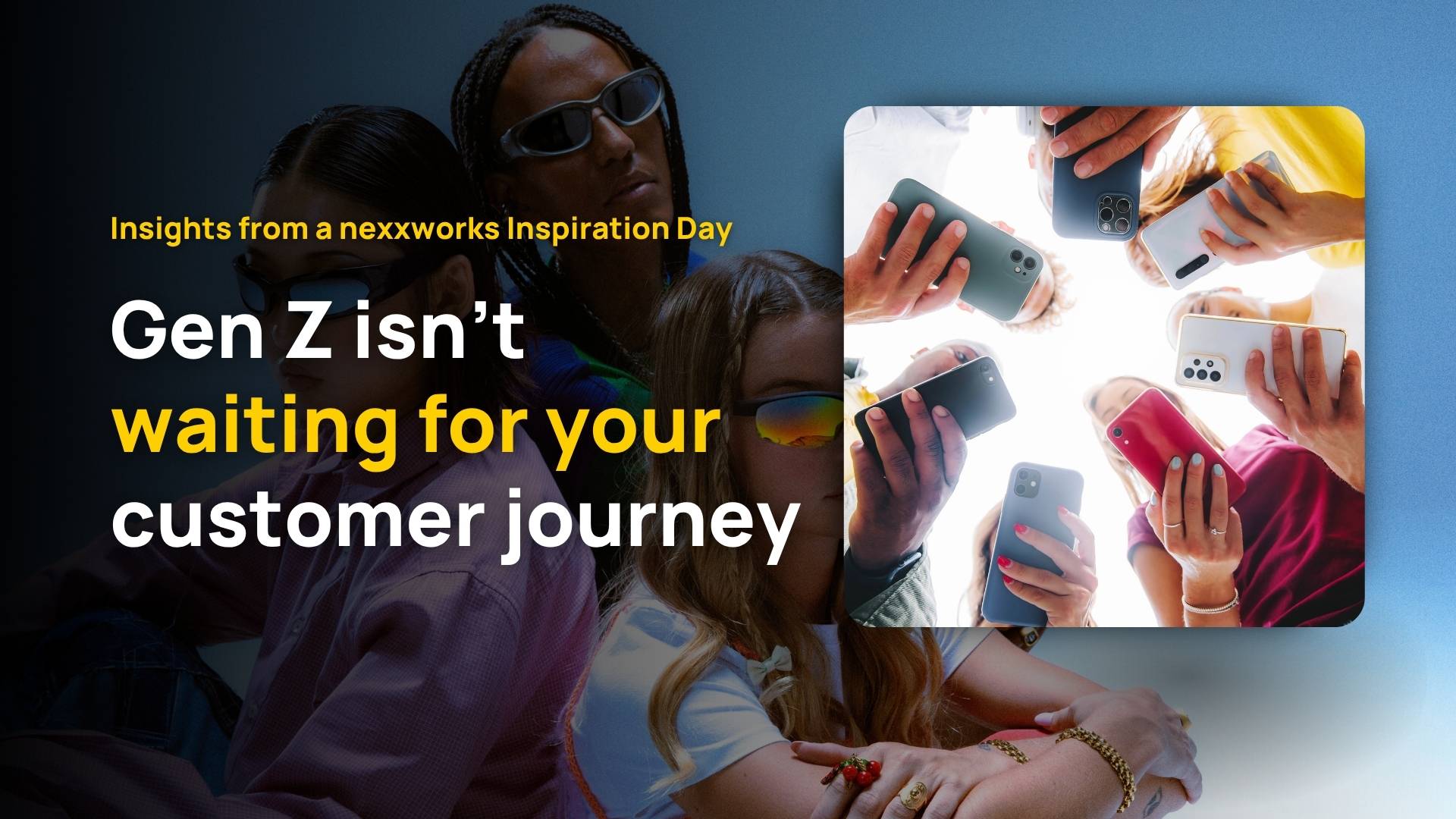Is Your Leadership Hurting Or Helping Your Employees Mental Health?
.jpg)
Organizational leaders have far more influence over those they lead and manage than previously understood, recent research shows. The results-oriented management approach that drives productivity at the expense of workers’ mental health and safety reaches far beyond the workplace. In fact, leadership styles can affect the lives and futures of workers’ children.
Two recent and separate studies illuminate this reality. First, a study by the Workforce Institute at UKG surveyed 3,400 people across 10 countries to spotlight the critical role that jobs and leadership have in mental health in work and beyond. This study found that “managers impact employees’ mental health (69%) more than doctors (51%) or therapists (41%) — and even the same as a spouse or partner (69%)” Further, 80% of employees would rather have good mental health than a higher paying job; 67% of employees and 70% of managers would take a pay cut for better mental wellness.
The forthcoming book Work Matters: How Parents’ Jobs Shape a Child’s Wellbeing (Princeton, 2023) explores how parents’ experiences with work impact their children’s lives. This study followed more than 370 low-wage, working-class families over more than ten years from pregnancy through the early years of parenting, and found that workers with more autonomy and more supportive supervisors are warmer and more engaged when interacting with their infants. Consider the impact of this finding in the context of studies by the Center on the Developing Child at Harvard that show that “warm and responsive parenting in a child’s first year of life boosts their level of attachment with their parents as well as their emotional regulation, social skills, and academic achievement”.
“This evidence suggests that leader behavior is impacting society not just in business performance outcomes, but through the daily lives of workers and their children. It is fair to conclude that how one leads today will fundamentally affect the workforce of future generations” Chris Shipley recently told me. Given the magnitude of this impact, we must think differently about leadership. To be clear, business leaders should never take the place of trained mental health providers, especially for individuals in mental health crisis. Yet a more empathetic leadership style best serves companies, communities, societies and the formation of the next generation workforce. To be clear, an empathetic leadership style does not mean expecting less from employees. Rather, it asks leaders to help employees be their best selves and encourage them to maintain mental wellness– the key component to human thriving and unleashing maximum potential.
To become both more empathetic and effective, leaders must make four fundamental shifts:
Mindset. Leaders no longer manage people; they enable their success. The organizational psychologists at SAP SuccessFactors sifted through academic journals and business publications to better understand the evolving role of people managers and concluded that the most effective managers have moved from a focus on process, oversight and performance evaluation to a become “performance coaches that invite feedback, cultivate psychological safety, and provide individualized interpersonal support.” It is the role of the manager, their report noted, “to make their team successful, foster meaningful and engaging team member experiences, and empower them for future career opportunities that may lie beyond the team.” Put another way, your people no longer work for you; you work for them. Your success is dependent upon their success.
Culture. In the era of the all-knowing and unquestioned boss, workers vied for attention, direction, push, and praise. In that sense, workers operated as competitors, an idea reinforced by destructive management policies like forced rankings that pitted people against each other in a Hunger Games–style quest to be number one. Performance always favored collaboration over competition, evolutionary biologist William Miur proved this across forty years of research, in which he concludes, “ competition among domesticated plants or animals can have a dramatic negative impact on yield of a stand or farm.” Now, and especially as businesses strive for employee engagement and collaborative explorations, teams need to operate with collective intelligence because no one person has all the knowledge required to be successful. Workers are collaborators, not competitors. The essential focus of this shift is establishing trust. Gallup recently reported that we are experiencing a decline in trust, with only 21% of respondents stating that they have trust in the leadership of their organization. This is lower than it was during the crisis of the pandemic. Trust and psychological safety are essential to successful collaborative explorations. When team members perceive each other as collaborators, they free their leaders to become a mentoring coach and expedition guide rather than a flag-throwing referee.
By signing up, you accept and agree to our Terms of Service (including the class action waiver and arbitration provisions), and you acknowledge our Privacy Statement.
Approach. Give up fixed job descriptions and overly structured org charts. Businesses cannot drive employees to learn and adapt at the speed, scale, and scope necessary amid extraordinary rates of change by threatening punishment or dangling rewards. This extrinsic approach just won’t work. Instead, leaders need to help employees identify their intrinsic motivation and embrace job sculpting rooted in people’s values, curiosity, and interests. A 2019 Gallup study found 59 percent of people surveyed said their personal principal driver at work is the belief that their work has purpose and meaning. Motivated employees are best able to learn and adapt to best meet the market opportunity.
Behavior. In the not-so-distant past, leaders were expected to take command, make decisions in certainty, and drive productivity often through domination and sometimes even fear. Now, leaders must slip into the role of coach and motivator-in-chief. Leaders now guide effective behaviors, balance wellness, avoid team burnout, and inspire people to do their best work. Leaders must create the optimal conditions for your team to thrive. Mental Wellness is the North Star and burnout is kryptonite. The burnout is not just a worker problem but very much a leadership challenge. A recent study in the Journal of Applied Psychology found that leaders who adhered to better life-work balance including disconnecting from work were more effective leaders. “The simple message of this study is that if you want to be an effective leader at work, leave work at work,” said Klodiana Lanaj, a professor in UF’s Warrington College of Business who led the research.
Workforce issues will remain a threat to every organization. Empowered employees have flipped the employer-employee dynamic, giving new psychological power to workers who now better know what they want, how they want to work, and what they will accept as compensation for that work. Consider, for example, the leadership of AirBnB CEO Brian Cheskey as he navigated an unavoidable pandemic layoff. His empathic, authentic, and vulnerable letter to employees in the face of profound uncertainty on May 5, 2020 has proved to be an anchor for the company’s employees. As companies from the tech sector and beyond initiate layoffs, fears that technologies such as ChatGPT will supplant jobs, and worries about ongoing economic uncertainty, we need to make the mental health and wellness (Read: optimal performance) of our people our guiding principle. This is as much for the people who remain as those whose, often to no fault of their own, have had their positions eliminated.
Over the last 8 years, I have spoken with hundreds of corporate executives about the importance of empathic leadership to identify and validate these leadership shifts.These leaders confirm that the four shifts are exactly what is needed to usher in a new economic era - one in which people are at the center, where they are empowered to participate fully in the organization. Indeed, these four shifts unleash human potential, the single greatest source of value in any organization. Empowered, mentally well employees are the greatest source of human potential and company performance.
This is a repost of a piece that was originally featured on Forbes.
Be sure to check Heather's latest book "The Empathy Advantage: Leading the Empowered Workforce".
.png)
.svg)






